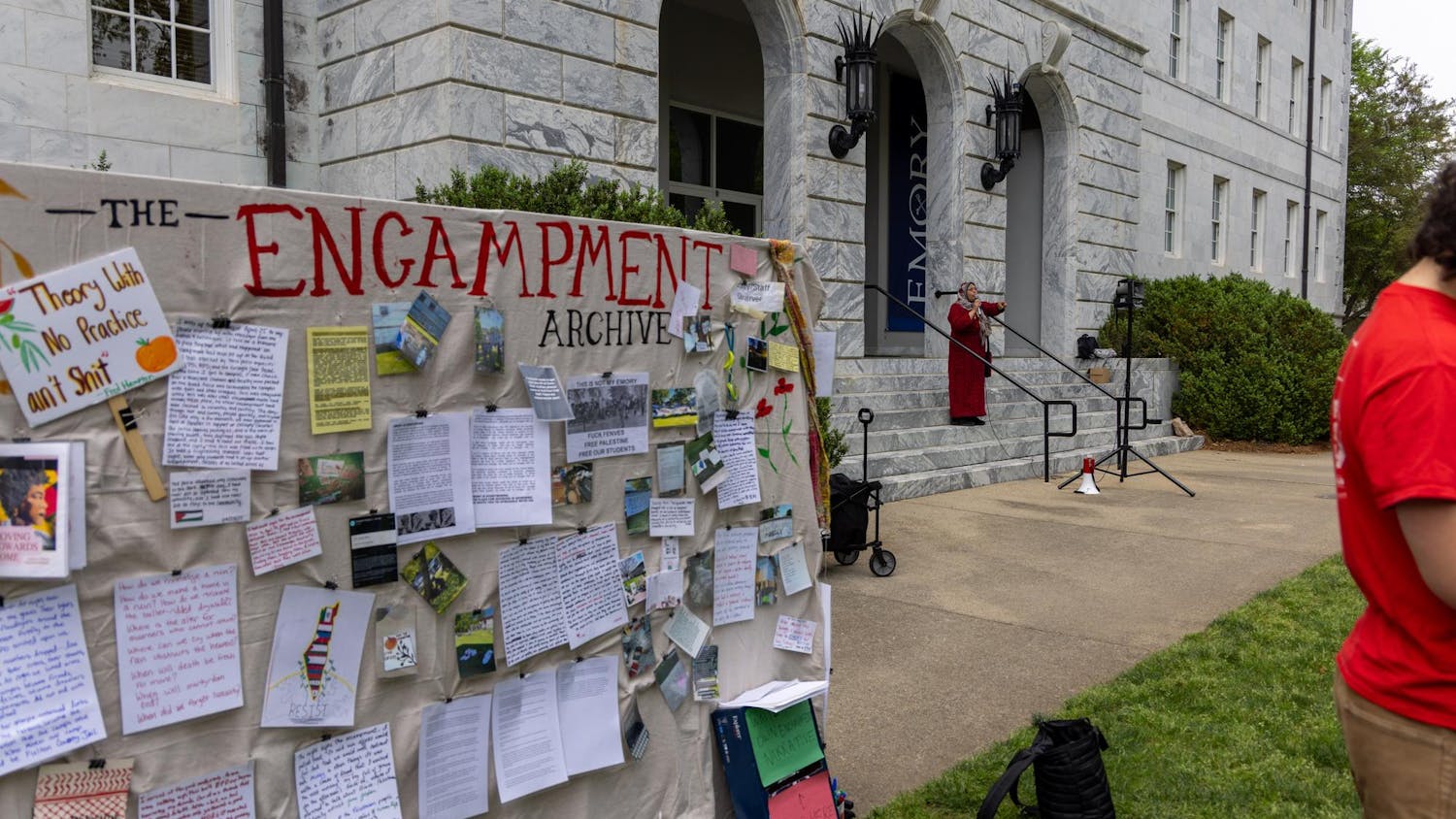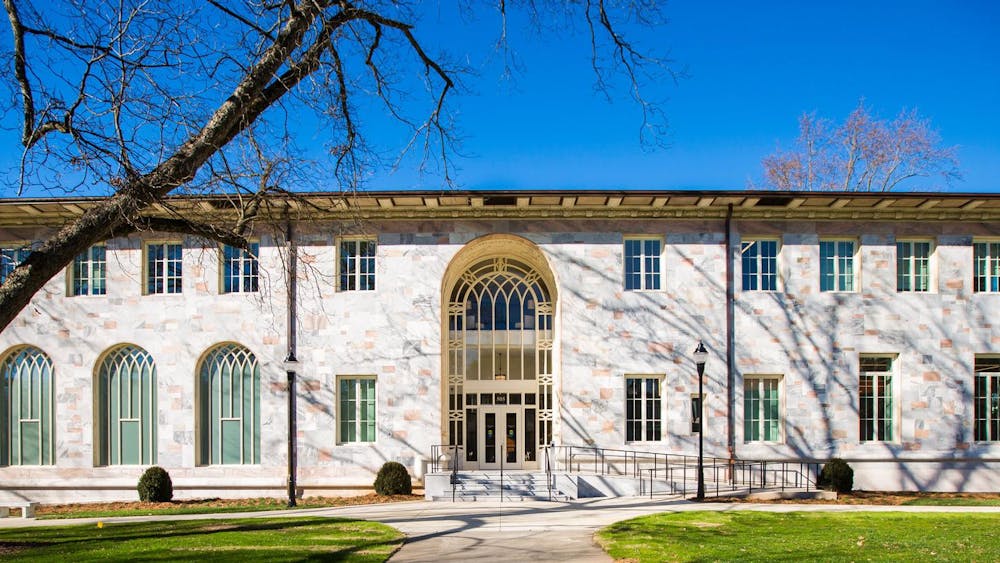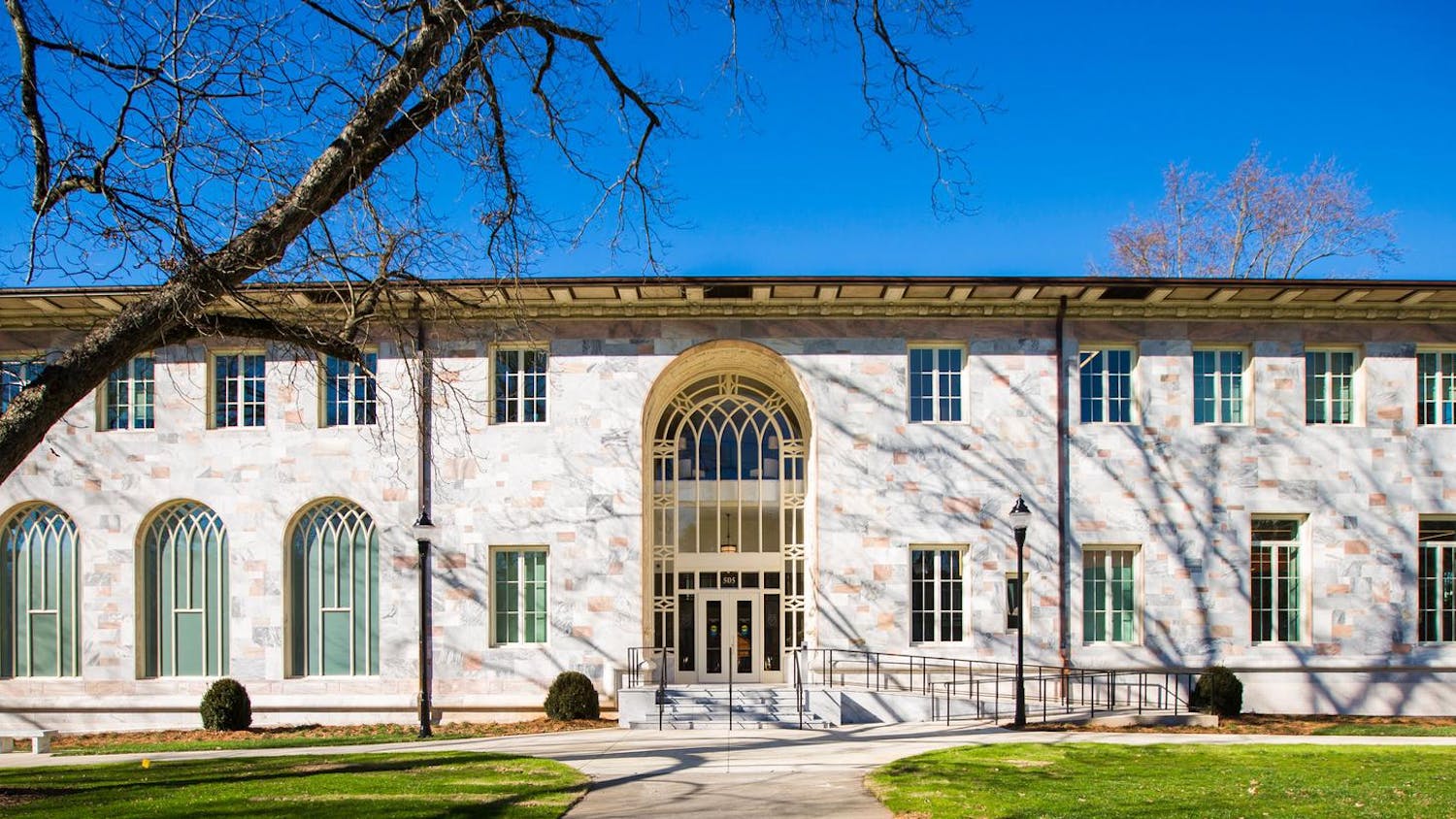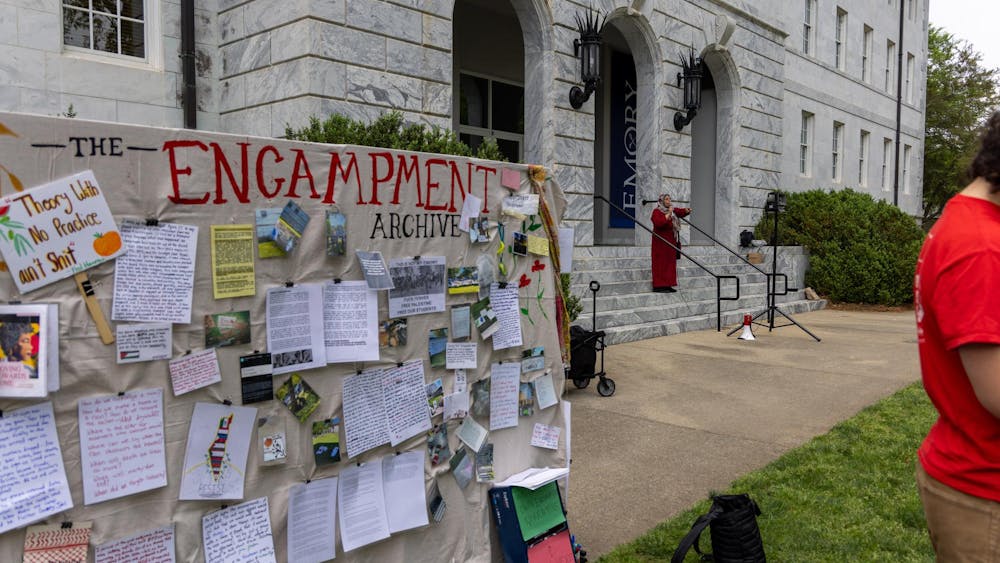A team of Georgia researchers will establish the Malaria Host-Pathogen Interaction Center (MaHPIC) after the National Institutes of Allergy and Infectious Diseases, part of the National Institutes of Health, awarded the team a five-year contract of up to $19.4 million.
The MaHPIC team, which includes researchers from Emory University, the University of Georgia (UGA), the Georgia Institute of Technology (Georgia Tech) and the Centers for Disease Control and Prevention (CDC), will study how malaria parasites interact with human and animal hosts.
To do this, the group is using systems biology – a new approach to biological research that studies interactions between biological systems.
Mary Galinski, a professor at the Emory School of Medicine and the principal investigator for the MaHPIC, described the project as highly comprehensive as it integrates data and research collected over several years.
"[The project] is going to bring in unprecedented amounts of data, which is extraordinary," Galinksi said. "We have to bring in tools to make sense of this data and to get this data out in the future."
Since the project incorporates a wide variety of information, each school's team of researchers brings a unique approach to the table.
Emory's research team has extensive experience in fields like malaria research, biological systems, primate immunology and pathogenesis – which refers to how diseases are caused.
The team from UGA is well versed in pathogen bioinformatics and large database systems. The Georgia Tech researchers will provide knowledge of mathematical modeling and systems biology, and the CDC will provide support in proteomics and malaria research.
Jessica Kissinger, a professor of genetics at UGA and a co-principal investigator for MaHPIC, said UGA's role in the project was primarily data integration. She also said that the team from UGA has expertise in gathering vast amounts of data on the pathogen that causes malaria, which will greatly contribute to the project.
"Without a doubt, we're generating data on a level that's never been seen before," Kissinger said. "We will learn so much about the biology of the interactions between the hosts and parasites."
Galinski said the study conducted by the MaHPIC team may provide the scientific community with knowledge about how malaria progresses and how immunity to the disease develops.
She said this information could also be used to develop diagnostic tools for understanding malaria as well as malaria drugs and vaccines.
"By learning a lot about disease, we hope to have a better understanding about what might be a possible target or even a diagnostic for understanding the disease better," Galinski said. "The work that we do could become the foundation for future testing of drugs and vaccines."
Galinski stressed the project's importance for the community that is committed to malaria research and treatment at large.
"This Georgia team is not only gathering unprecedented amounts of data but also becoming an essential focus around the world for people accessing the data to further their own experiments to develop potential cures for malaria," she said.
The institutions involved in MaHPIC are unique in that they are the only recipients of a contract under this NIH program request.
Kissinger attributed this to Georgia's many facilities and research centers dedicated to studying malaria, such as Yerkes, the CDC and the Emory Vaccine Center.
"It's really quite an accomplishment for the state of Georgia that we have institutions with this expertise all in one place," Kissinger said.
The contract will be administered by the Yerkes National Primate Research Center of Emory University.
Other Emory faculty involved in MaHPIC include: Albert Moreno, assistant professor of medicine; Esmeralda Meyer, assistant professor at Yerkes; Dean Jones, professor of medicine; Sarah Pruett, research associate at Yerkes; Chris Ibegbu, assistant professor at the Emory Vaccine Center; and Tracey Lamb, assistant professor of pediatrics.
– By Harmeet Kaur
Read More
Trending






